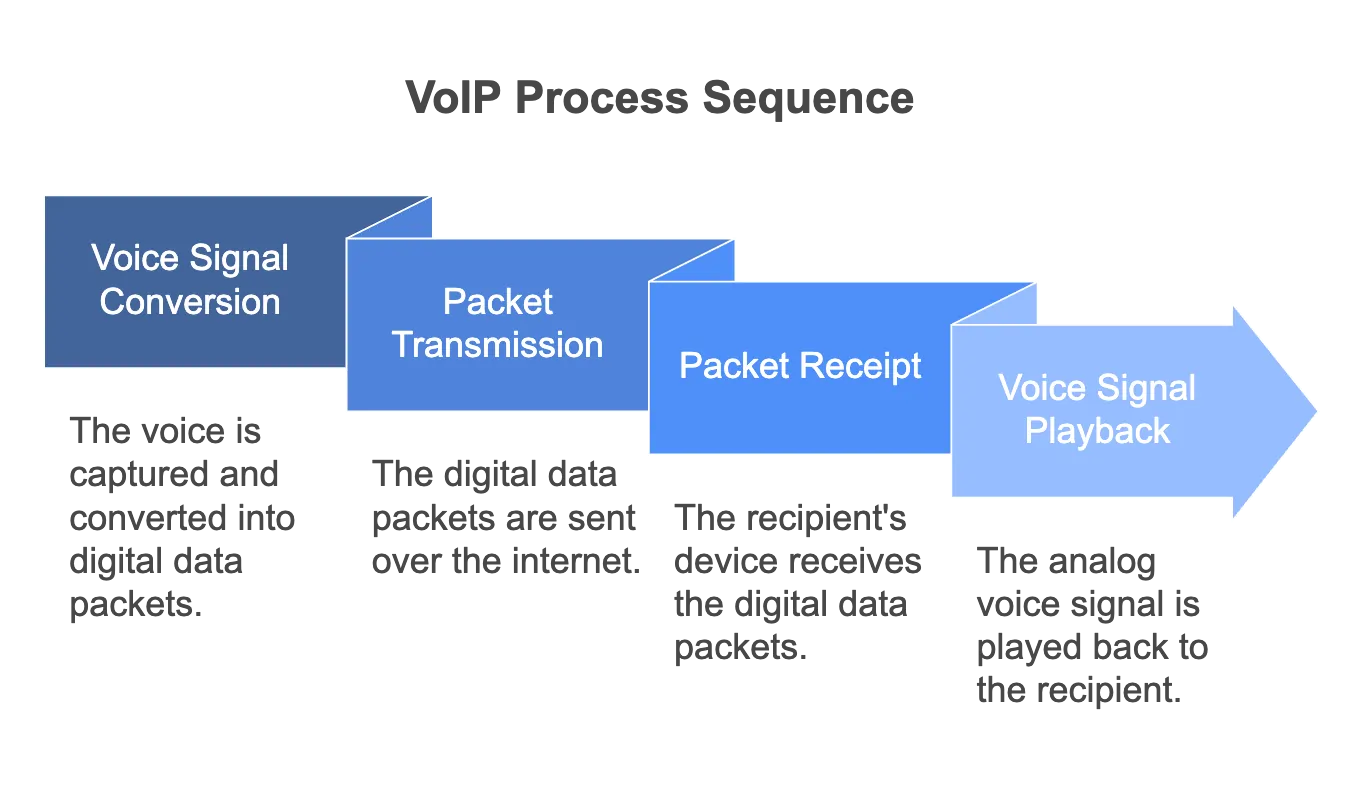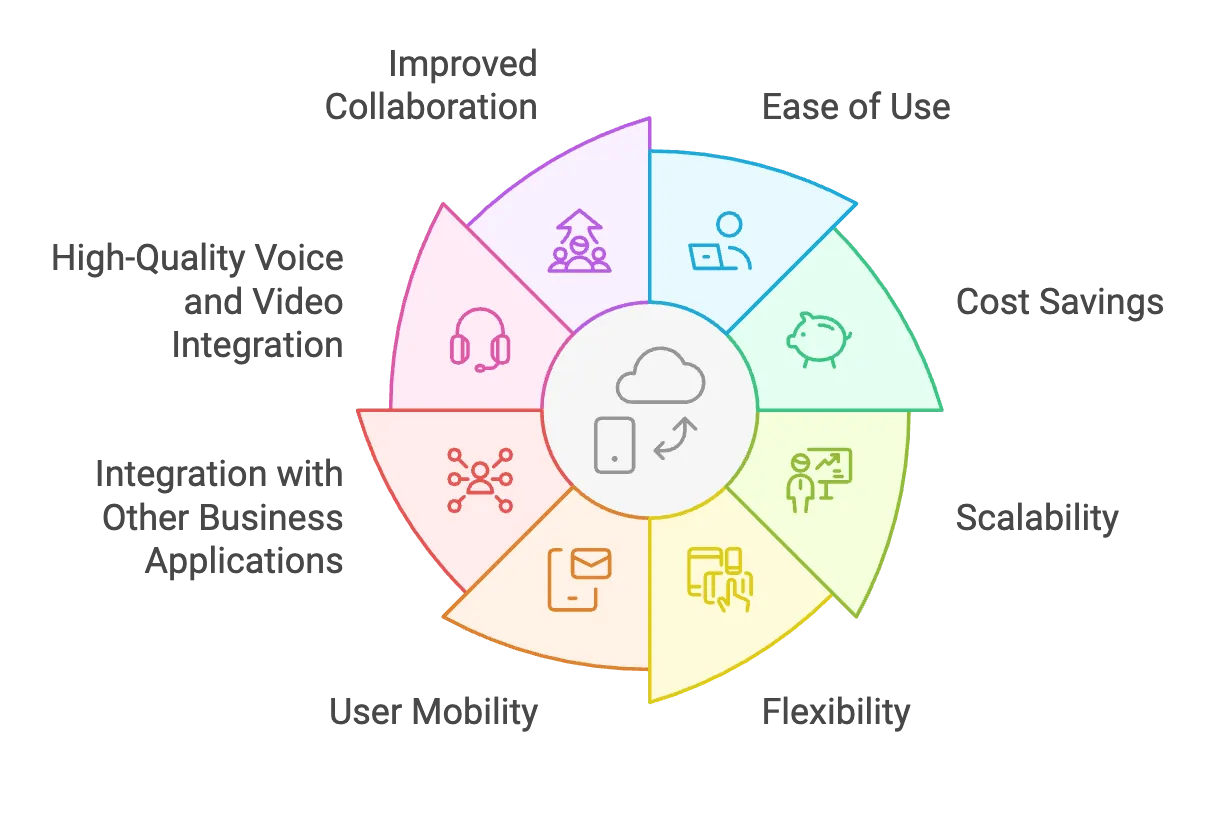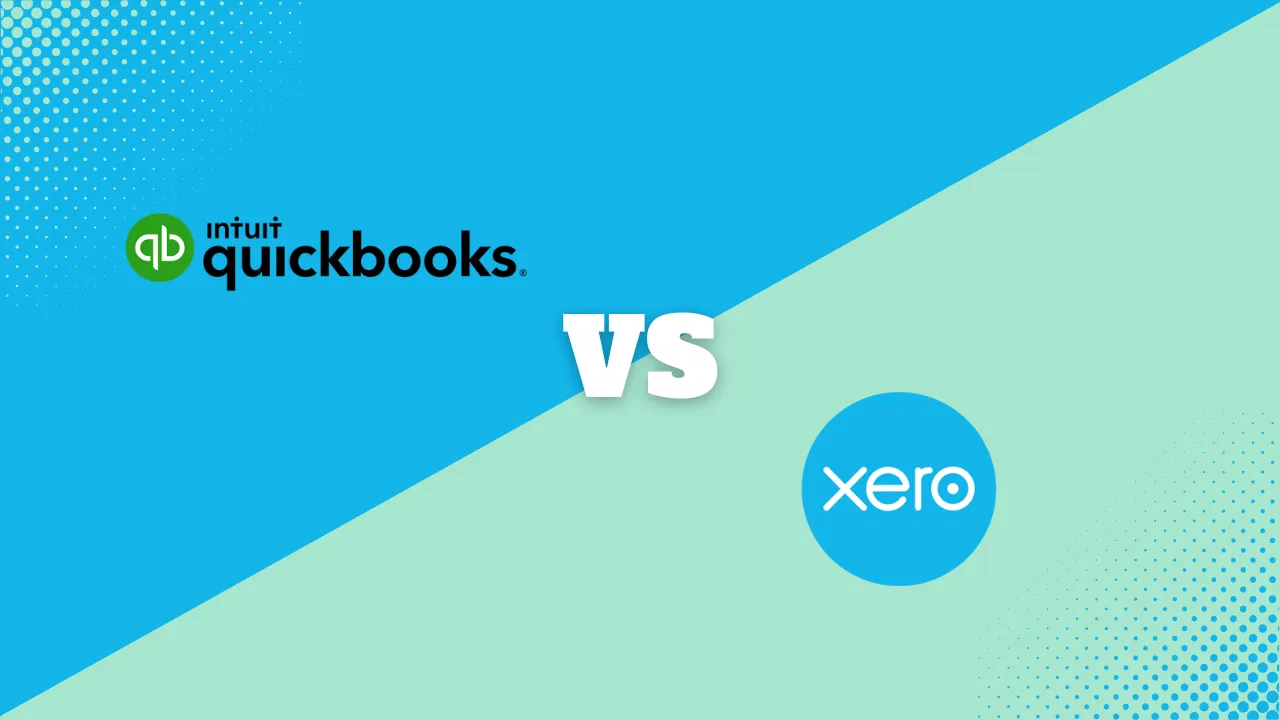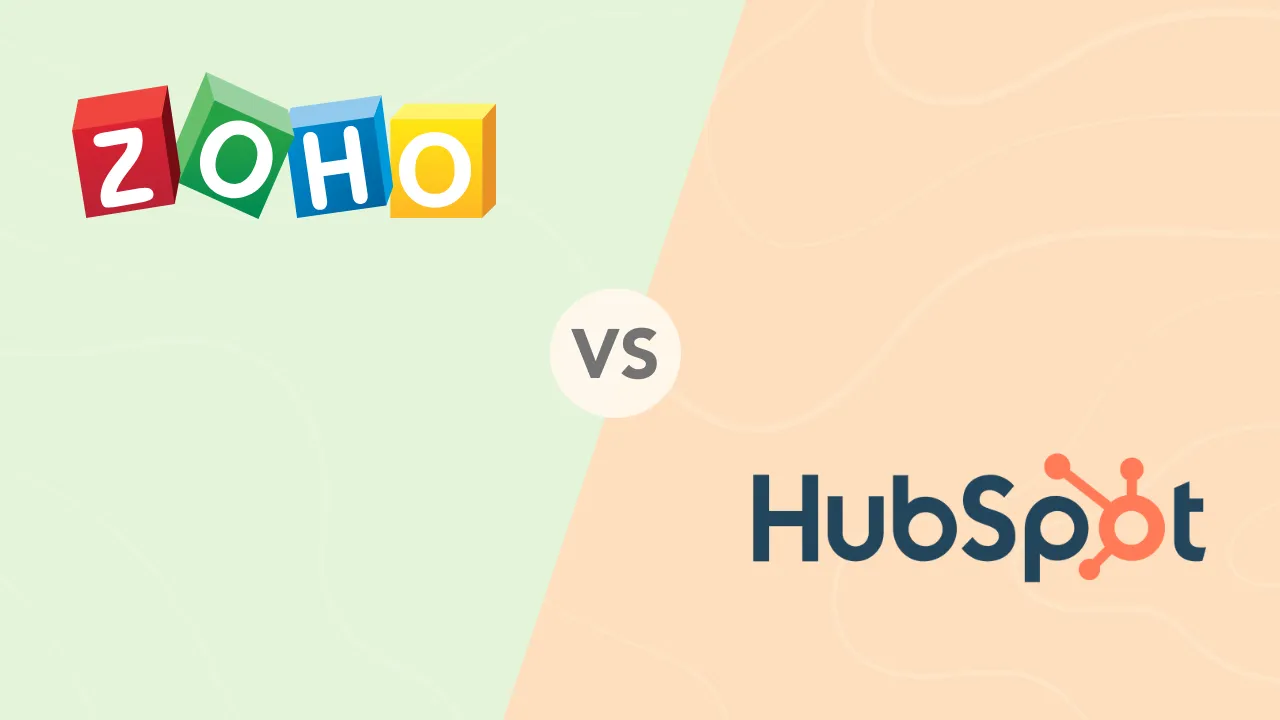VoIP: The Future of Business Communication Is Here

A VoIP phone system for small businesses offers much more than just the ability to make phone calls over the internet. A business phone can enhance communication efficiency, facilitate cost savings, and provide advanced functionalities that traditional landline systems lack.
In this article, we highlight 6 of the most noteworthy benefits that a VoIP phone system can bring to your small business. These benefits include improved communication, reduced costs, increased flexibility, enhanced collaboration, and more. By using the features and capabilities of a VoIP phone system, you can increase your chances of success and improve the efficiency and productivity of your business.
What is VoIP?
VoIP, or Voice over Internet Protocol, is a revolutionary technology for businesses that allows voice communication to be conducted over the internet. Unlike traditional phone systems that rely on physical phone lines, VoIP uses a broadband internet connection to transmit voice signals. This process involves converting voice signals into digital data packets, which are then sent over the internet to the recipient’s device. By leveraging the power of the internet, VoIP offers a more flexible and cost-effective solution for making phone calls, making it an ideal choice for modern businesses.
How Does VoIP Work?
VoIP Process
Understanding how Voice over Internet Protocol works can demystify this advanced technology. Here’s a step-by-step breakdown of the VoIP process:
-
Voice Signal Conversion: When you make a VoIP call, your voice is captured by a VoIP phone or a computer with a softphone application. This voice signal is then converted into digital data packets.
-
Packet Transmission: These digital data packets are transmitted over the internet, traveling through various network nodes to reach the recipient’s device.
-
Packet Receipt: Upon arrival, the recipient’s device receives the digital data packets and converts them back into an analog voice signal.
-
Voice Signal Playback: Finally, the analog voice signal is played back to the recipient, allowing them to hear your voice clearly.

This seamless process ensures that VoIP calls are not only efficient but also maintain high voice quality, making it a reliable alternative to traditional phone systems.
The Evolution of a Legendary Invention
There is no question that the telephone is one of the most significant inventions in human history.
According to some, it has notably contributed to shaping our world today.
The Longevity of Traditional Phone Systems
The telephone is an invention that has been around for a very long time. So long, in fact, that all those who were alive when it was conceived are no longer with us. For a telecom innovation with the market penetration and ubiquity of the telephone, this fact is mindboggling indeed!
In 1876, Alexander Graham Bell was the first to be granted a patent for this new device. For the first 120 years of its existence, the telephone did not go through many significant changes. Its development was comparatively slow but steady.
Recent Advancements – Voice over Internet Protocol
VoIP technology has significantly advanced telephone technologies in the past 20 years by allowing voice services to be delivered over an IP network. Unlike the public switched telephone network (PSTN), which requires dedicated circuits and can lead to delays and higher costs for long-distance calls, VoIP offers a more efficient and cost-effective solution.
VoIP has introduced a significant paradigm shift in what we know as a telephony service. VoIP arguably represents the most significant advancement in the telephone since its inception. Along with the fundamental change in how voice is transmitted, VoIP ushers in a whole series of benefits and advantages that were unheard of only a few years ago.
In the following sections, we’ll highlight these benefits so that you can recognize how VoIP can enhance the day-to-day operations of any organization.
Recommended VoIP Providers:
Zoom Phone: Seamless integration with the Zoom ecosystem, combining video conferencing, messaging, and VoIP features into a unified communication platform.
GoTo Connect: Easy-to-use interface, built-in video conferencing, and seamless integration with other GoTo products, offering a comprehensive solution for small and medium-sized businesses.
RingCentral: All-in-one communication solution with advanced features like AI-driven call analytics, team collaboration tools, and strong CRM integration.
Top VoIP Benefits
VoIP technology has enabled voice and related media to leverage the extensive extant IP data networks worldwide. This network convergence has allowed VoIP to enjoy many of the benefits we often take for granted when using data networks.
VoIP technology delivers a range of benefits to businesses because it runs on an IP network infrastructure, which is flexible and enables a variety of services. A business phone system that integrates VoIP technology provides features such as unlimited calling, call management, and enhanced security, offering significant cost savings and improved communication capabilities.
The key advantages of VoIP include:
- Ease of use
- Cost savings
- Scalability
- Flexibility
- User mobility
- Integration with other business applications
- High-quality voice and video integration
- Improved collaboration
- Disaster recovery
- Global reach
- Advanced features
- Environmental sustainability
- Security enhancements
- Customizable solutions

These benefits are made possible by the fact that VoIP allows voice services to be delivered over the IP network.
1. Ease of Deployment and Use
Pre-VoIP telephony systems were notoriously complicated to deploy. Even early VoIP systems required long maintenance windows to set up, often on the order of several days. Today’s VoIP services can be up and running within a few minutes.
VoIP providers such as Dialpad allow you to set up your VoIP phone service entirely online. The service runs “on the cloud,” so there are no local physical VoIP servers or devices to install and configure. VoIP clients can be installed on existing computers or smartphones, so no additional user hardware is obligatory.
The VoIP client software is well-designed and intuitive, and most users are already familiar with similar software on their computers or mobile devices.
2. Cost Savings
VoIP phone services provide financial benefits from a variety of factors. Some of these include:
-
No dedicated server hardware needed – VoIP services deliver a cloud-based solution that doesn’t require an IP PBX on the business premises. This delivers even more savings since large investments in data center facilities (power, cooling, network infrastructure) are not needed to host such hardware.
-
No user equipment to purchase – VoIP clients are software-based and can be installed on existing hardware. Connect to the service via an Internet connection by installing the VoIP client on your desktop, laptop, tablet, or smartphone. IP desk phones are also available, but they are optional.
-
Flexible subscription-based payment model – You can customize your plan based on the number of employees you need and purchase only the capacity you need. With , for example, you can choose and purchase individual features so that you only pay for what you use, and you only use what you pay for.
-
Annual billing and high-volume discounts – Almost all VoIP service providers offer an annual billing option with cost savings on the order of 10% to 20% or more. Additional savings can also be realized when purchasing services for many users.
-
Eliminates the need for dedicated ICT personnel – Most VoIP services deliver their own technical support as a service included within the subscription cost.
3. Scalability and Flexibility
Business phone systems, particularly VoIP services, are designed to be highly scalable, making it easy for businesses to adapt to changing needs and growth. Here are the key benefits:
- Pay-as-you-go flexibility: You only purchase the services needed for your current number of users, ensuring cost efficiency.
- Quick scalability: As your business grows, you can add subscriptions almost instantly to accommodate new employees.
- Support for multiple locations: VoIP services allow you to add new physical locations and voice services through the provider’s management portal.
- Growth support: Whether expanding in terms of employees, office space, or additional services, VoIP systems can easily adapt to meet your needs.
With VoIP, businesses can quickly and seamlessly scale operations, ensuring they remain agile and ready for growth.
4. User Mobility
One of the most important benefits of VoIP providers is one that has recently reshaped the workplace worldwide. This trend began nearly a decade ago but was enormously accelerated due to the measures put in place to fight the Covid pandemic. What is this benefit, you may ask? Well, VoIP services deliver complete and virtually uninhibited user mobility.
VoIP technology allows employees to be reached through the company’s corporate telephone network from anywhere in the world as long as they have internet connectivity. This means that employees can work remotely and still be easily reached through their internal corporate number. The caller doesn’t need to know the employee’s location, and the call will not incur additional charges. All the employee needs is a device with the VoIP service client software installed and an internet connection.
This is one of the main VoIP benefits for small businesses. As far as the caller knows, the person he calls is at the enterprise’s HQ facilities.
This mobility can translate to a lot of indirect cost savings and benefits, including:
-
Organizations with more remote workers need less office space.
-
Employees can use their own mobile smartphones, laptops, or desktops for connectivity to the telephony system in a BYOD working model.
-
Remote work increases job satisfaction, making workers more efficient and proficient.
-
With no geographical limitations, employers can hire workers from a wider talent pool.
5. Deep Integration With Other Business Phone Systems
Using VoIP, telephony has become another IP-based service that can be integrated into other business productivity applications, resulting in network convergence as well.
Business productivity applications are those applications and services that allow organizations to coordinate their operations more effectively and fulfill their objectives more successfully. Some of these include customer resource management (CRM) software, helpdesk ticketing software, or web-based or mobile app “in-app” calling capabilities.
This integration is made possible by what is known as an Application Programming Interface, or API. VoIP speaks the same language, so to speak, as data applications, enabling the straightforward integration of VoIP with other productivity software.
APIs can provide VoIP services such as quick dial buttons on your helpdesk application, web-based telephony communication, and integration with third-party collaboration tools.
Businesses can enhance employee efficiency and flexibility by integrating VoIP systems with the business applications discussed above.
6. Better Voice Quality and Video Integration
Traditional telephony uses a limited frequency sampling rate that captures frequencies of the human voice up to 3400 Hz. This was estimated to be the lowest sampling rate that delivers a satisfactory voice quality for conversations. This limitation is what gives the voice over the phone its familiar tinny timbre. The whole telephony infrastructure was designed and built around this specific sampling rate. To improve it would have required a fundamental redesign of the technology.
In recent years, small business VoIP providers have been delivering better quality sound for voice calls. Depending on your provider, you may have noticed that some phone calls made using your cell phone have a much clearer voice quality. This is because small business VoIP providers use VoIP technology that takes advantage of advanced codecs and available bandwidths on IP networks to send CD-quality voice between callers. In addition to this, small business VoIP providers are also bundling video capabilities and collaboration services into their basic telephony plans, taking the telephone to the next level.

7. Improved Collaboration
VoIP enhances collaboration in multi-site environments by integrating tools that foster teamwork and communication.
- Video conferencing: Teams can hold face-to-face meetings without geographical constraints.
- Screen sharing: Enables real-time presentations and walkthroughs.
- Group messaging: Keeps team members connected and informed.
These features streamline workflows, reduce delays, and improve overall productivity.
8. Disaster Recovery
VoIP ensures business continuity even during unexpected disruptions.
- Cloud-based storage: VoIP systems store critical data in the cloud, making it accessible from anywhere.
- Call rerouting: Automatically redirects calls to alternative devices or locations during outages.
- Backup systems: Maintain communication capabilities in case of hardware failures.
This resilience minimizes downtime and safeguards against revenue losses.
9. Global Reach
VoIP makes international communication easy and cost-effective.
- Affordable international calls: Significantly lower rates compared to traditional phone systems.
- Virtual numbers: Establish a local presence in multiple countries without physical offices.
- Time zone flexibility: Connect with global teams or clients through features like voicemail-to-email or scheduled call routing.
VoIP empowers businesses to expand their operations worldwide with minimal barriers.
10. Environmental Sustainability
VoIP contributes to greener communication practices by reducing the environmental impact of traditional systems.
- Less hardware: Fewer physical components mean reduced e-waste.
- Remote work enablement: Decreases the need for commuting and office space.
- Energy efficiency: Cloud-based systems consume less energy than traditional setups.
By choosing VoIP, businesses can align with sustainable practices and reduce their carbon footprint.
11. Security Enhancements
Modern VoIP systems prioritize security to protect sensitive communications.
- Encryption: Secures voice and video data during transmission.
- Firewalls and intrusion detection: Prevent unauthorized access to the network.
- Secure access controls: Ensures only authorized personnel can use the system.
These measures make VoIP a safe choice for businesses handling confidential information.
12. Customizable Solutions
VoIP offers tailored solutions to meet the unique needs of businesses.
- Flexible plans: Choose the features and pricing that align with your budget and requirements.
- Scalable options: Easily add or remove users and functionalities as your business grows.
- Integration capabilities: Seamlessly connect VoIP with existing CRM, ERP, or other tools.
This adaptability ensures businesses get maximum value and efficiency from their communication systems.
VoIP Phone System Features
A VoIP phone system comes packed with a variety of features that enhance business communication. Here are some of the essential features that make VoIP phone systems stand out.
These are the foundational capabilities that every VoIP system should include, ensuring effective communication and basic functionality.
Essential VoIP Features
- Auto attendant: An automated menu system that directs callers to the desired extension or department, streamlining call management.
- Call forwarding: Redirects incoming calls to another number or extension, ensuring critical calls are never missed.
- Unified communications: Combines voice, video, messaging, and more into a single platform for seamless collaboration.
- Mobility: Mobile apps allow users to make and receive calls from smartphones or tablets, ensuring connectivity anywhere.
- HD voice quality: Delivers clear, professional-grade audio for high-quality conversations.
- Security: Includes encryption, firewalls, and secure access controls to protect against hacking and unauthorized access.
- Scalability: Easily adapts to growth by allowing users to add or remove phone lines and features as needed.
- Call recording: Records calls for training, compliance, and quality assurance purposes.
- Call queueing: Organizes callers into a queue during high-traffic periods, improving the waiting experience.
- Presence indicators: Shows team member availability (e.g., available, busy, or on a call) to improve internal communication.
- Voicemail-to-email transcription: Converts voicemail messages into text and sends them via email for quick access and record-keeping.

These features make VoIP phone systems a popular choice for businesses of all sizes, offering a cost-effective and flexible alternative to traditional phone systems.
Advanced VoIP Features
Beyond the foundational capabilities, advanced features in VoIP systems provide enhanced functionality and customization options, empowering businesses to optimize communication and streamline operations.
- Interactive voice response (IVR): Interacts with callers, collects information, and routes them to the appropriate department or service.
- Video conferencing: Facilitates virtual meetings with HD video, screen sharing, and collaboration tools.
- Call analytics: Provides detailed insights into call volume, duration, and performance for improved communication strategies.
- Hot desking: Allows users to log in to any VoIP-enabled device to access their personalized settings and contacts.
- CRM integration: Integrates VoIP with customer relationship management tools to enhance tracking and streamline workflows.
- Advanced call routing: Directs calls based on factors like time of day, caller location, or employee availability.
- Custom ring groups: Enables multiple devices or users to ring simultaneously or in a specific order for efficient call handling.
- Softphone compatibility: Allows users to make and receive calls through software on computers, tablets, or smartphones.
- Call parking: Lets users place a call on hold in one location and retrieve it from another device or extension.
- Virtual phone numbers: Provides local, toll-free, or international numbers to establish a presence in various markets.
- Text messaging (SMS): Enables sending and receiving SMS directly through the VoIP system.
- Do not disturb (DND): Temporarily blocks incoming calls and notifications for focused work or meetings.
- Disaster recovery features: Ensures continuity during outages by rerouting calls or enabling mobile communication.
By leveraging these capabilities, businesses can enhance their communication infrastructure and improve overall efficiency.
Final Thoughts
A VoIP phone system is more than just a modern alternative to traditional telephony—it is a comprehensive solution that enhances business communication, improves operational efficiency, and reduces costs. With features ranging from essential functionalities like call forwarding and auto attendants to advanced capabilities such as CRM integration and disaster recovery, VoIP systems offer unparalleled flexibility and scalability to meet the unique needs of any business.
By adopting VoIP, small businesses can unlock opportunities for improved collaboration, global reach, and seamless integration with other business applications, all while reducing their environmental impact. The ability to tailor VoIP solutions to specific requirements ensures that businesses of all sizes can harness its potential to boost productivity and stay competitive in a rapidly evolving marketplace.
The future of communication is here, and VoIP is leading the way. Embracing this technology positions your business for success by aligning it with the demands of a digital-first world.
FAQ
Q: What is VoIP?
A: VoIP (Voice over Internet Protocol) allows voice calls to be made over the internet by converting voice signals into digital data. It offers more flexibility, advanced features, and cost savings compared to traditional phone systems.
Q: Is VoIP good for small businesses?
A: Yes, VoIP is ideal for small businesses. It’s affordable, easily scalable, and includes features like mobile access, call management, and integration with business tools, all without expensive hardware.
Q: Is VoIP reliable?
A: VoIP is highly reliable when paired with a stable internet connection. Many providers include features like call rerouting and cloud backups to ensure uninterrupted service during outages.
Q: What do I need to set up VoIP?
A: You’ll need a broadband internet connection, a device like a computer, smartphone, or VoIP-enabled phone, and a VoIP service provider. Many setups are quick and don’t require additional hardware.




